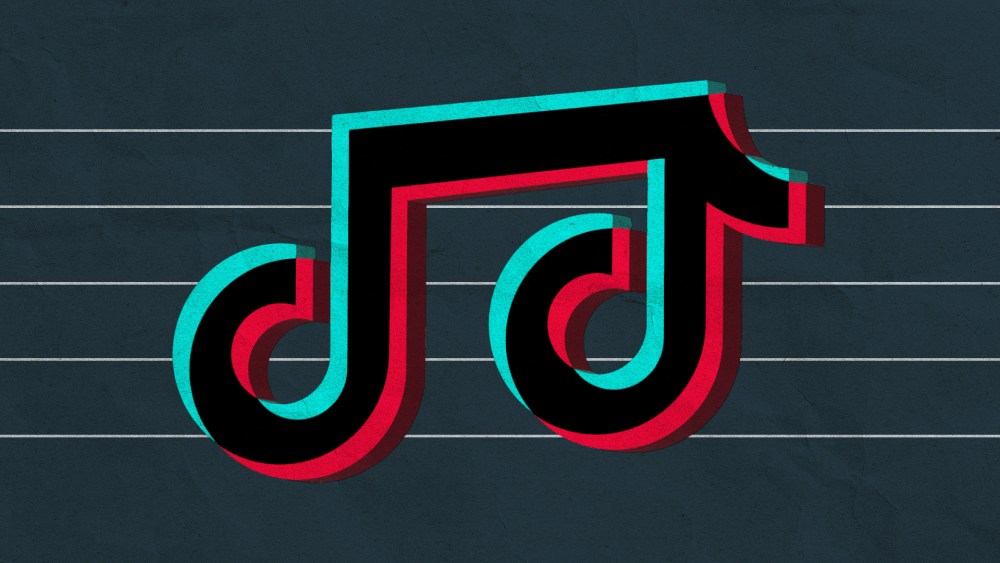
As the standoff between Universal Music Group and TikTok over royalties, AI and other matters continues to boil amid angry words from both sides — and the National Music Publishers Assn. stating last weekthat it does not plan to renew its license with the platform — the official trade group for independent publishers has weighed in with its own advice.
The Association of Independent Music Publishers said in a statement on Friday that TikTok’s payments have long been insufficient and advocates that the platform adopt a per-stream payment policy like the one used by streaming platforms.
However, while it states that “songwriters and publishers deserve to be paid for the value they bring to TikTok, and any revenue model going forward needs to reflect that value,” it encourages its members to “fully evaluate what is being offered and make a decision for what is best for their business, not TikTok’s.”
At the core of the issue is the fact that even though TikTok has been the most effective and influential platform for breaking music of the past five years, its royalty payments are significantly lower than other platforms; UMG also has raised the alarm about its low copyright protections against AI. TikTok counters, among other matters, that its social media platform only can post up to 60 seconds of music and thus should not be bound by the same policies as streaming platforms; the company has a streaming platform that has launched overseas but not in the U.S., which is another sticking point in the stalled negotiations to renew the licensing agreement between UMG and the platform. The standoff has become so extreme that most music owned, distributed and/or administered by UMG has been removed from the platform in the weeks since the agreement expired at the end of January.
Reps for TikTok, UMG and the NMPA either declined or did not respond to requests for comment.
The statement from AIMP and its directors follows in full:
“Whether or not indie publishers are provided with the opportunity to continue with the current license model or not, there are a few issues that need to be addressed.
“One, music has been at the center of TikTok and its users since day 1 – the service’s origin was musical.ly. Music connected to any audio-visual work is used to support and tell the emotional story in the picture/video. Without it, it falls flat. Music is a visceral and cultural experience that helps us express our feelings, relive a moment in time, convey an attitude, etc. This is why TikTok users gravitate to using popular and commercial music just like the television series, films, advertisements, and video games that the users engage with. There is a difference when you use a song like “Don’t Stop Believin’,” “What a Wonderful World,” or “Cherry Pie” vs. a lesser-known piece of production library music, let alone an AI-generated song. TikTok needs to evolve their licensing model and embrace this fact and move forward appreciating the songwriters and artists as equal partners in TikTok’s success.
“Two, the revenue model where income earned by a song on TikTok is based on video creations only vs. views is flawed and has to change. When a video is created once and gets 5 million views, the songwriter and artist are paid only on the one creation instead of the 5 million views. The industry already has a revenue model that works, and that is a per-stream rate. It is not perfect with regards to the equity, but that is a different battle. The point is, songwriters and publishers deserve to be paid for the value they bring to TikTok, and any revenue model going forward needs to reflect that value.
“Indie publishers should take this opportunity to fully evaluate what is being offered and make a decision for what is best for their business, not TikTok’s.”
